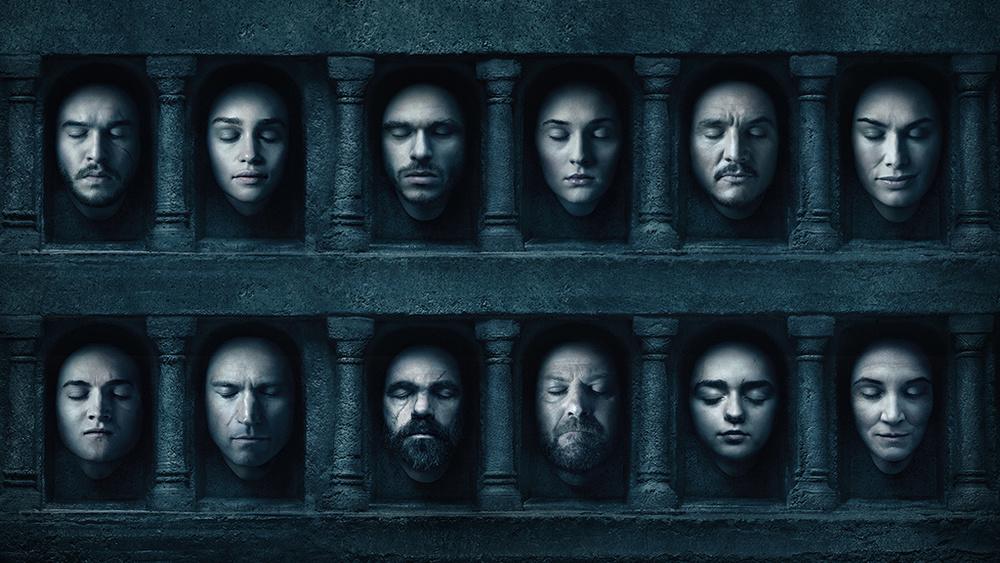
What Happened to the Last Two Seasons of Game of Thrones? An In-Depth Analysis
The legendary saga of “Game of Thrones” captured the hearts of millions, intertwining political intrigue, complex characters, and breathtaking battles across the Seven Kingdoms of Westeros. However, as the much-anticipated finale concluded, many fans were left feeling unsatisfied and perplexed. In this article, we will take an in-depth look at what transpired in the last two seasons of “Game of Thrones,” exploring key decisions made by the showrunners and the impacts they had on the series.
A Quicker Pace
One of the most significant criticisms of the final two seasons was the rapid pacing. Previous seasons allowed for ample character development and intricate plot lines to unfold gradually. However, in the last two seasons, episodes were cut from the usual ten to seven and six, respectively. The decision to condense the storytelling into fewer episodes led to a rushed narrative that often felt choppy and chaotic. Many loyal viewers have expressed that crucial story arcs were compressed, leading to significant character developments that seemed rushed or poorly earned.
Character Arcs Left Unfinished
The characters that once felt layered and organic transformed into more predictable and, in some cases, inconsistent iterations of themselves. Take, for example, the character of Daenerys Targaryen, who, throughout the first several seasons, was portrayed as a determined but empathetic leader. Her sudden turn to madness in the final season felt stark and unearned to many viewers. Critics argue that her character development lacked the necessary time and buildup to justify such drastic changes, showcasing a failure to honor the complexity that once defined her character.
Diminished Political Realism
Initially praised for its realistic portrayal of political maneuvering and the often brutal nature of power, the series took a sharp turn in its final season. Many fans pointed out that the show’s political realism dissipated, particularly in the final episode’s resolution. For instance, Tyrion’s appeal for Bran Stark to ascend to the Iron Throne came off as more of a plot convenience than a carefully calculated political strategy. Such moments left many fans bewildered and questioning the logic and credibility of the story’s climax.
Showrunners’ Challenges
Another contributing factor to the decline in storytelling quality can be tied to the decisions made by showrunners David Benioff and D.B. Weiss. After successfully adapting George R.R. Martin’s “A Song of Ice and Fire” series, they faced a significant challenge when it came to wrapping up the show amid rising expectations. With Martin’s books not providing a detailed roadmap for the final seasons, the showrunner’s task became even more daunting. Their attempt to conclude intricate storylines within the constraining framework of just two seasons ultimately led to rushed resolutions rather than satisfying conclusions.
The Pressure of Expectations
The immense popularity of “Game of Thrones” created an unprecedented pressure on production teams to deliver an equally groundbreaking conclusion. As fans became more invested, their expectations soared – a common issue for beloved series. Unfortunately, this resulted in a finale that, in the eyes of many, felt hasty and unable to cater to the intricate narrative threads established in earlier seasons.
The Duality of Creative Freedom
While some fans appreciated the showrunners’ creative liberty in diverging from the source material, that freedom came with risks. The removal of the nuanced storytelling essential in Martin’s books arguably led to a simplified resolution that left many viewers feeling disconnected from the beloved characters they once cheered for. The emotional weight and complexity that characterized previous seasons felt diluted in the final chapters.
Conclusion
In conclusion, the last two seasons of “Game of Thrones” will be remembered as a mixed bag of breathtaking visuals and thrilling moments mired in controversy and disappointment. The rapid pacing, unfinished character arcs, and diminished political realism created a feeling of discontent among fans who had invested years of their lives into the iconic series. While the potential for a more fulfilling conclusion was evident, the constraints and challenges presented by time, plot resolution, and audience expectations proved to be insurmountable.
As we reflect on what happened to the last two seasons of “Game of Thrones,” it serves as a reminder of the fine line a beloved series must walk between audience expectations and creative ambition. Ultimately, the emotional resonance and camaraderie fostered by the series remain, even as we navigate the complexities of its ending.
